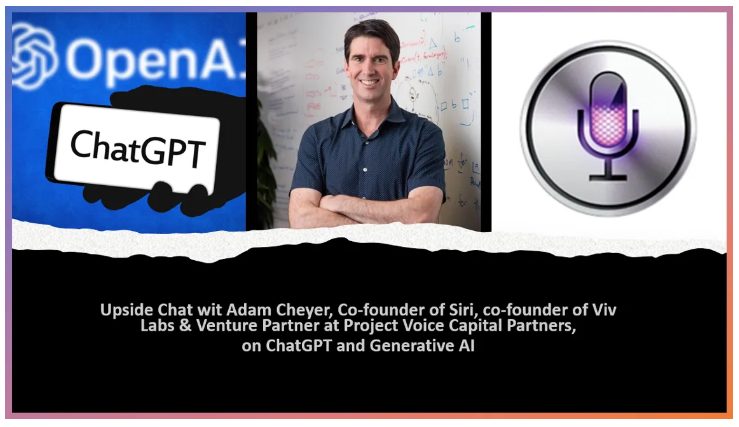Over the past few months there has been so much hype about ChatGPT or what people refer to as generative AI. In fact, ChatGPT reached 1 million users in 5 days and 100 million daily active users in just two months beating popular messaging applications such as WhatsApp and Twitter….
Share This Story, Choose Your Platform!
Total reviews
Persons recommended this product
Anonymous
Shopper
check_circle Verified
Shop owner replied
Anonymous
Shopper
check_circle Verified
Shop owner replied
Thanks for your review!
Your feedback helps us improve our service.
There are no reviews yet.
Be the first to review “ ”
Please log in to submit a review.
Don't have an account? Register here .
Only logged in customers who have purchased this product may leave a review



